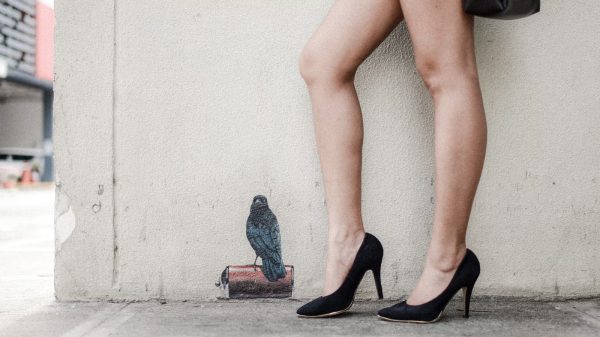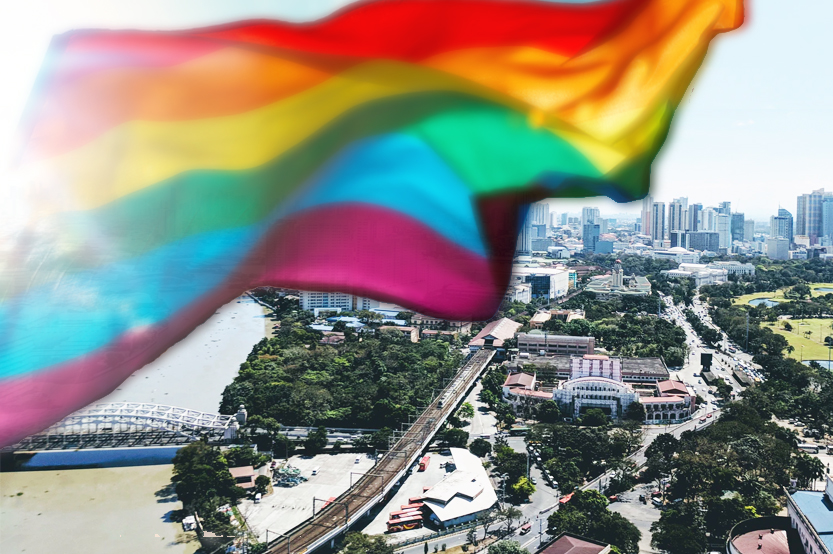The rainbow rises in the City of Manila… finally.
The City of Manila finally has an anti-discrimination ordinance (ADO) to protect the human rights of LGBTQI Filipinos. Mayor Francisco Moreno Domagoso signed City Ordinance 8695, sponsored by councilor Joel Villanueva, which prohibits “any and all forms of discrimination on the basis of SOGIE”.
“No harm will come to you while I’m mayor of Manila. Lahat kayo pantay pantay sa mata ng pamahalaang lokal,” Domagoso said before signing ADO.
We just signed the Manila anti-discrimination ordinance!
(Ord No 8695. An Ordinance for the protection of the rights of Lesbians, Gays, Bisexuals, Transgenders, Queers and Intersex in the City of Manila against any and all forms of discrimination solely on the basis of SOGIE) pic.twitter.com/UUlJZo60Yb— Isko Moreno Domagoso (@IskoMoreno) October 29, 2020
Called Manila LGBTQI Protection Ordinance of 2020, the ADO prohibits:
- Denying or limiting access to employees the promotion, transfer, training and schooling if these are otherwise granted to others;
- Refusing employment based on actual or perceived SOGIE;
- Denying access to medical/health programs and services based on actual or perceived SOGIE;
- Denying admission, getting expelled or dismissed, or preventing a student from graduating or getting clearance based on actual or perceived SOGIE;
- Revoking accreditation or LGBTQI organizations in schools and workplaces;
- Subjecting any person to verbal or written insult including on any social media platforms;
- Refusing services based on SOGIE (e.g. accommodations, renting dwelling, malls, etc); and
- Organizing groups and activities that promote/incite discrimination of LGBTQI people.







The ADO also mandates the creation of the Gender Sensitivity and Development Council, which will be tasked to synchronize the city’s programs for the LGBTQI community. This council is also tasked to facilitate and assist victims of stigma and discrimination so that they get legal representation and psychological assistance.
With the ADO, every barangay is mandated to establish LGBTQI assistance desks to receive complaints related to the ADO.
By 2023, it is expected that gender-neutral toilets will be established in all venues in the City of Manila. This will be made a condition precedent to the renewal of business permits of establishments.
Violation of the ADO will be penalized with a fine of PhP1,000 and/or imprisonment of six months for the first offense; increasing to a PhP3,000 fine and/or imprisonment up to a year for the third offense.
The ADO will be funded by 5% of the appropriation to finance the city’s Gender and Development programs.
According to Naomi Fontanos of GANDA Filipinas, which helped push for the passage of this ADO: “Based on experience, we know that a law won’t end LGBTQI discrimination and violence but can enable access to justice for people who seek redress. The fight isn’t over.”
And since the ADO has no IRR yet, it also “needs to be monitored for proper implementation.”
Since this also comes on the heels of Zamboanga City passing its own ADO on October 14, Fontanos said that credit should be given to the work of LGBTQI advocates and allies in and outside LGUs tirelessly pushing for structural change.
All the same, “the struggle to pass a national anti-discrimination law also continues and our work to hold those in power to account remains,” Fontanos ended.
*This article was amended on October 30, 11.21AM to include the statements of Naomi Fontanos of GANDA Filipinas


































































